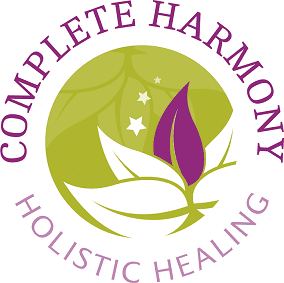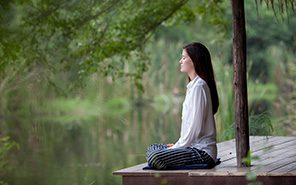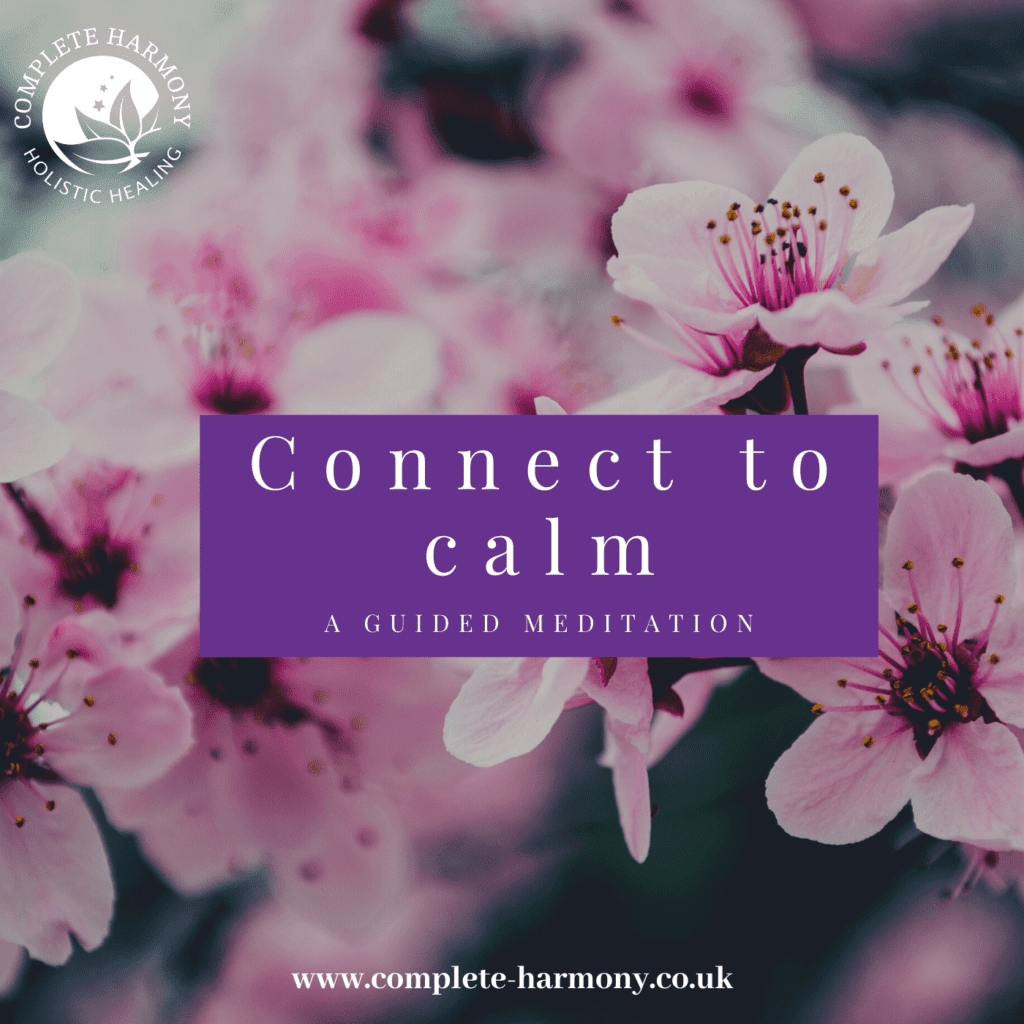If you’ve tried meditation and found it difficult, here’s a beginner’s guide to meditation that will help you to dispel some myths so that you can leave behind phrases like, “I can’t get into it” or “it doesn’t work for me”.
People usually find it difficult because they don’t often sit in silence or just sit still for any length of time. They’re always doing something, and meditation feels like a waste of time. But meditation does require you to do something. It requires you to focus!
Why Meditate?

Meditation will get you focusing your mind to achieve a sense of stillness and give you feelings of peace, relaxation and calmness. This will reduce your stress and increase your mental clarity. The calm feelings you have whilst meditating will stay with you long after your session has ended.
I started my meditation journey over 17 years ago whilst training to be a therapist. Over the years I’ve tried many different meditations and styles and I’m still finding more that I’m interested in trying. I still don’t always get it right or get what I was expecting from every meditation, but I do believe that I always get what I need from it.
Being ‘good’ at meditation can sometimes take a while but with the right technique for you it could happen very quickly too. We have over 70,000 thoughts a day so not having any thoughts during meditation is an unrealistic expectation. You will most definitely have thoughts during meditation and these play an active part in any meditation. Don’t feel too frustrated if meditating doesn’t happen for you straight away, just try another teacher or technique.
Things to help you enjoy your meditation journey
1. Don’t expect to get it first time
Like most things you want to achieve it takes practice, time and focus. You wouldn’t expect to be able to speak a new language fluently after 2 minutes! Keep the faith and stay focused.
2. Find a time that suits you
Finding a time and a place where you will not be disturbed will help you to stay focused. Make a commitment to meditate every day for 21 consecutive days.
3. Start with a 2-3 minute session
If you are new to meditation a short period of silence is a good start. Anything longer than a few minutes may feel like a lifetime. Start small and build on it. There’s no hurry, it’s not a race, just relax.
4. Choose something simple
A simple breathing meditation is a good place to start. Start by sitting comfortably and focus on your breathing. Breathe in through your nose and think about how the air feels as it goes in – is it warm or cool? As you breathe out through your nose, again focus on the sensations of your breath leaving you. Repeat the process as you breathe for the next 1 to 2 minutes. This meditation can be done anywhere and is an easy way to step into the world of meditation.
5. Find a friend or join a group
Learning with a friend can be enjoyable and you have someone to share your experiences with. I love meditating in a group as I find that the energy created in the room when we meditate together is magical. I get the benefit of my meditation and the shared energy of the others in the group. Also, when learning in group sessions the teacher will be able to guide and support you.
If you follow these simple steps and build on them, you will start enjoying the mental peace and clarity that meditation brings to thousands of people every day.
Follow a guided meditation
There are many guided meditations that you can download. Finding one that suits your style that you find relaxing and calming can be difficult. After speaking to some clients I‘ve recorded this calming, relaxing meditation for you to try. During this meditation, I’ll guide you to a place where you can relax for a while, then guide you back, feeling calm and relaxed.
Click on the image below to read more.
About Sharon

Sharon lives with her partner, Geoff, in Warwickshire and they have two adult children. She worked for over 25 years in an office environment, gaining qualifications to degree level in finance, business and management. While there Sharon witnessed and experienced many stressful situations and suffered illnesses which were stress-related.
Sharon was advised to make some changes to her lifestyle which included trying complementary therapies. After experiencing the benefits of complementary treatments, Sharon decided to retrain and share her knowledge and experiences to help others recognise and manage their own physical and emotional stress and anxiety levels.
She has been working as a complementary therapist for over 15 years now and loves helping people manage and reduce their stress levels to feel uplifted, focused, positive and empowered about their lives.





